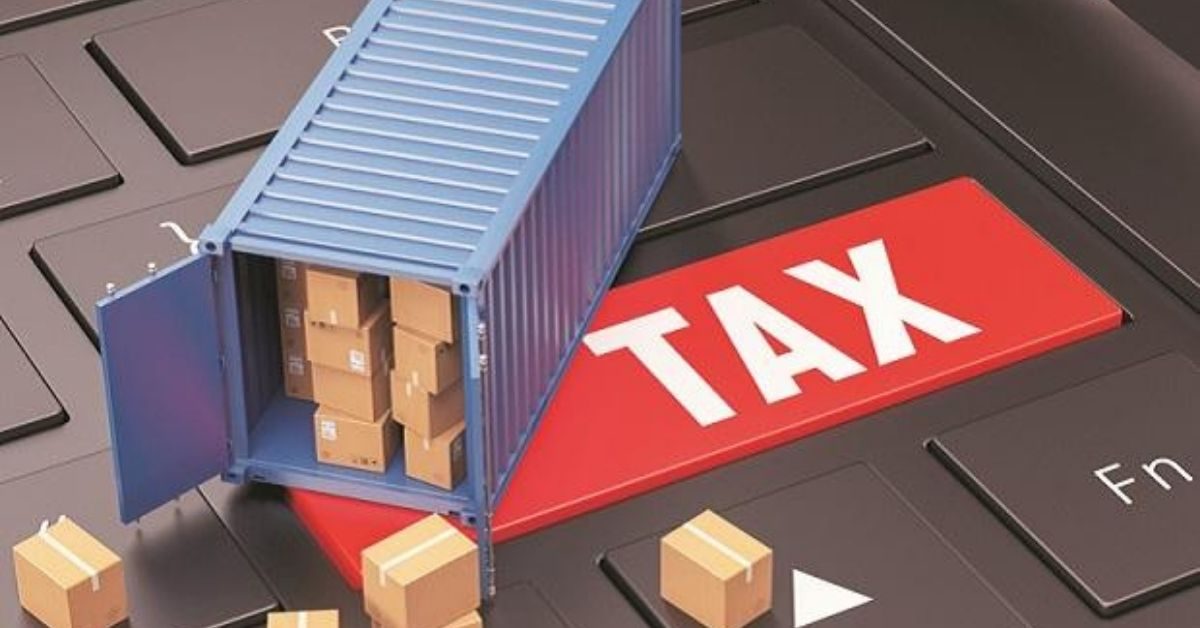In retaliation to India’s digital tax (2 per cent) on foreign technology majors, the United States on Wednesday decided to impose additional tariffs on a slew of Indian imports.
However, the tariffs will remain suspended for six months, as Washington hopes for a multilateral solution on the issue of digital taxation during the ongoing talks at the Organisation for Economic Co-operation and Development (OECD). This follows investigation by the office of the US Trade Representative (USTR) last year, which concluded that India’s equalisation levy was “actionable” under Section 301 of the Trade Act for being unreasonable, burdensome, and discriminatory against American companies like Amazon, Google, and Facebook, and inconsistent with international tax principles. Thereafter, it held consultations over its tariff proposal with industry, sought comments till April 30 and conducted a hearing on May 10.
“The final determination in the investigations is to impose additional tariffs on certain goods from these countries, while suspending the tariffs for up to 180 days to provide additional time to complete the ongoing multilateral negotiations on international taxation at the OECD and in the G20 process,” the USTR said in a statement.
Following the consultation, the USTR has decided to impose a tariff of up to 25 per cent ad valorem on aggregate level of trade on a slew of Indian products. These include shrimps, basmati rice and gold, with an aim to mop up around $55 million. This is as much as what India will collect from US companies through the 2 per cent equalisation levy. The US has decided to impose suspended tariffs on five other countries, that is, Austria, Italy, Spain, Turkey, and the United Kingdom over the digital services tax imposed by them.
“The United States is focused on finding a multilateral solution to a range of key issues related to international taxation, including our concerns with digital services taxes,” said Ambassador, USTR, Katherine Tai.
“The United States remains committed to reaching a consensus on international tax issues through the OECD and G20 processes. Today’s actions provide time for those negotiations to continue to make progress while maintaining the option of imposing tariffs under Section 301 if warranted in the future,” added Tai.
The 40 tariff sub-heads that may attract tariffs after six months include Rattan furniture and parts, precious stone articles, gold rope necklaces and neck chains, cultured pearls, yarn, cigarette paper, and corks and stoppers.
The Indian government, in April 2020, widened the scope of the equalisation levy to impose 2 per cent tax on non-resident e-commerce players with a turnover of Rs 2 crore. It earlier only applied to digital advertising services till March 2020 at the rate of 6 per cent.
In fact, India has further expanded the scope of the 2 per cent equalisation levy by way of clarifications in the Budget this year to e-commerce supply or service when any activity, including acceptance of the offer for sale, placing the purchase order, acceptance of the purchase order, supply of goods or provision of services, partly or wholly, payment of consideration, takes place online.
Source : Business Standard







